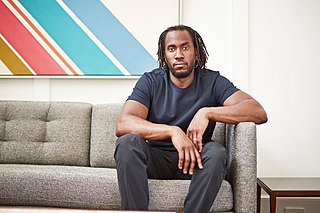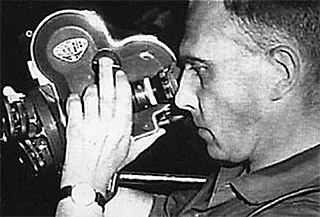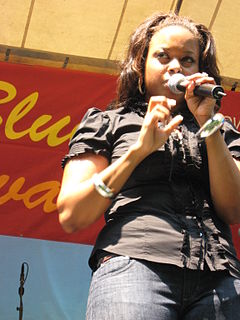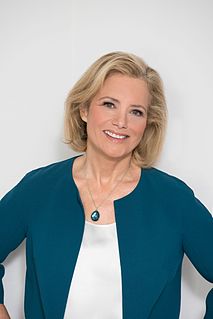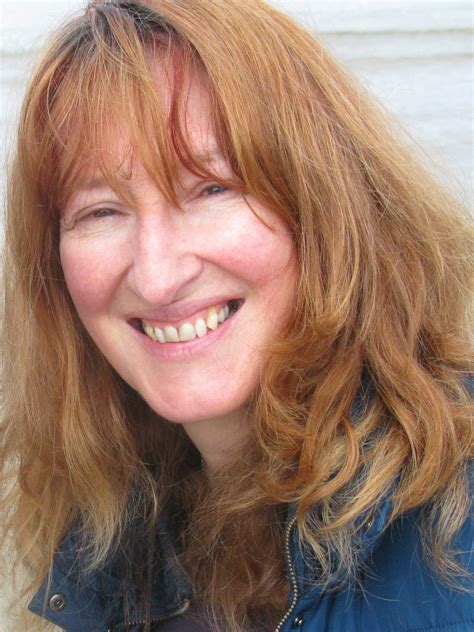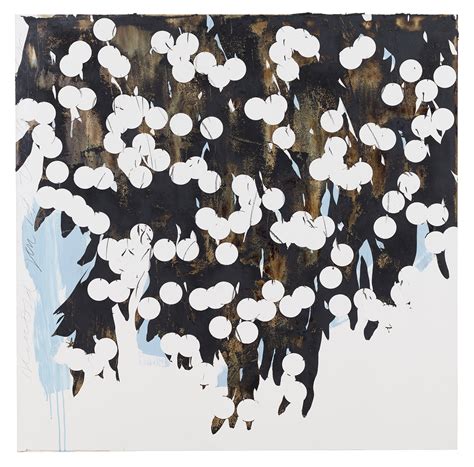A Quote by Rashid Johnson
When I was young, I remember feeling a real thirst for opportunities around the arts, for learning about how artists function and how institutions work.
Related Quotes
I'm a recording artist who's traveled around the world so I have different opportunities than other people and people may decide how I should use my opportunities because my opportunities are public whereas I can't decide how people should use their opportunities because their opportunities are private. That's what we're dealing with - people feeling like they should be able to control celebrities.
I love knowing and learning about people around the world displaying my art online. Also, it's how I learn about new artists that are in various parts of the world. The positive thing about Tumblr and Instagram is that they're a fantastic platform for art lovers. I also like, when I search for my art and it says, "see also or related artists," and I see those other artists that relate to me, at least according to the internet. I think it's fascinating - it's interesting to see hashtags people are using in relation to my work. It's another tool of communication.
You know, I didn't write my books for critics and scholars. I wrote them for students and artists. When I hear how much my work has meant to them--well, I can't tell you how happy that makes me. That means that this great stuff of myth, which I have been so privileged to work with, will be kept alive for a whole new generation. That's the function of the artists, you know, to reinterpret the old stories and make them come alive again, in poetry, painting, and now in movies.
How strange it is. We have these deep terrible lingering fears about ourselves and the people we love. Yet we walk around, talk to people, eat and drink. We manage to function. The feelings are deep and real. Shouldn't they paralyze us? How is it we can survive them, at least for a little while? We drive a car, we teach a class. How is it no one sees how deeply afraid we were, last night, this morning? Is it something we all hide from each other, by mutual consent? Or do we share the same secret without knowing it? Wear the same disguise?
